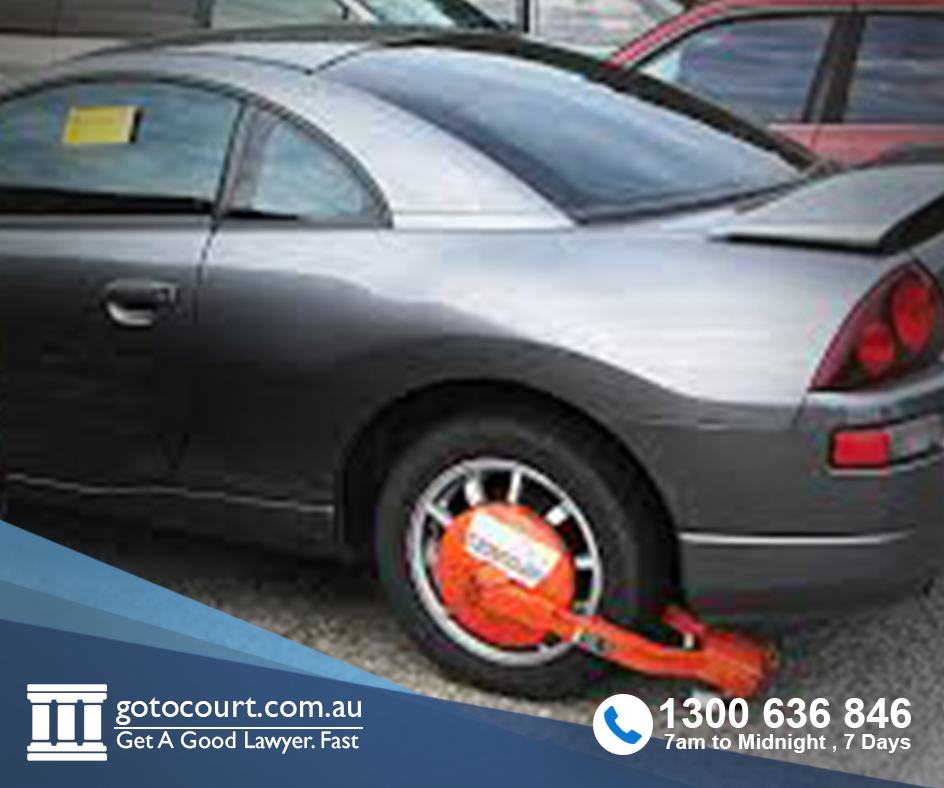Call our lawyers
now
or,
have our lawyers
call you
Intoxication Pleas: Fraught With Peril
Updated on Feb 20, 2018 • 6 min read • 214 views • Copy Link
Intoxication Pleas: Fraught With Peril
In the quarter-century over which I’ve been practising in the criminal law, I have literally lost count of the clients whose primary explanation for their actions is that they were drunk or stoned or both. Whilst intoxication may explain a multitude of behaviours in society, does it afford a defence at law? If so, is it a course upon a properly-advised accused should embark?
A couple of years ago, I found myself acting for a young man charged with Aggravated Reckless Driving and Aggravated Stealing a Motor Vehicle (“Aggravated SMV”) following a police pursuit through the eastern suburbs of Perth. I was instructed that he suffered from an anxiety disorder – not aided by the fact that he was high on methamphetamine – and upon seeing the Police vehicle whilst riding a Ducati motorbike of dubious provenance, he had a panic attack and reached for the throttle rather than the brake.
The practical implications for the client were very serious, as the WA government had recently introduced legislation imposing a mandatory minimum of 6 months imprisonment for convictions arising from police pursuits. This prospect certainly did not enhance his already fragile mental state.
At first blush, my instinct was to run with a defence of ‘unwilled act’, pursuant to section 23A of the Criminal Code 1913 (WA), as the offence of Reckless Driving requires that there be an element of intent. This strategy may have meant that the charge could be reduced to Aggravated Dangerous Driving, which does not carry a mandatory term of imprisonment.
Mounting such a defence requires expert evidence; and so, a forensic psychiatrist was engaged. Sometimes, this is akin to firing an arrow straight into the air in the hope that it will hit something. In this case, the report came back with very little consideration of the panic attack issue and a great dwelling upon his level of intoxication. This gave rise to Plan B – the defence of intoxication.
In this regard, the client instructed that prior to the pursuit, he had taken a significant quantity of methamphetamine; in no small part because he was afraid of the person he was with – who subsequently directed him to ride the motorbike to a specified location. He did not feel that he was in a position to refuse.
Intoxication
The provisions of section 28(3) Criminal Code are relevant in this instance; viz:
When an intention to cause a specific result is an element of an offence, intoxication whether complete or partial, and whether intentional or unintentional, may be regarded for the purpose of ascertaining whether such an intention in fact existed.
Whilst it can be argued that a person’s intoxication was self-inflicted; the section provides that intoxication may be taken into account in ascertaining whether such an intention exists. This would be a matter for the jury, or a Magistrate sitting as a tribunal of fact.
Once established, the burden of proof rests upon the prosecution to establish that the accused was not so intoxicated that he did not harbour the requisite intention. For example, in R v Crozier, Mack J. made the following direction to the jury:
“If you are not satisfied beyond reasonable doubt that through intoxication the prisoner was capable of forming an intent, or if you are left in doubt whether the prisoner did, in fact, form either of the necessary intents… then it is your duty to acquit…”
The Double Whammy
I was certainly of the view that these authorities applied no less to the charge preferred against my client. It was, therefore, open for a Magistrate to find the client not guilty by reason of unsoundness of mind. However, the fly in the ointment proved to be the charge of Aggravated SMV; which although not carrying a mandatory prison sentence, has a maximum penalty of 8 years imprisonment.
This meant that my client would be dealt with pursuant to section 21, Criminal Law (Mentally Impaired Accused) Act 1996 (WA) [“the MIA Act”]; which provides that where an accused is acquitted by reason of unsoundness of mind, and the offence is contained in Schedule 1 of the MIA Act (as with the Aggravated SMV charge), the Court must make a Custody Order.
A Custody Order requires that the accused person be held in a prison or other authorised form of detention (such as the Frankland Centre at Graylands Hospital) until released by the Mentally Impaired Accused Review Board (“the MIA Board”). In this respect, the sentence is potentially indeterminate; the modern equivalent of the sentence of being Detained at the Governor’s Pleasure.
It may be that the MIA Board determines the detainee eligible for release within a very short period of time, but that is by no means guaranteed. There is also a risk that the MIA Board orders his release on a conditional basis; which is a likely outcome. Such an Order may be made to apply indefinitely, or a set period determined by the Governor. Were my client to breach any condition or re-offend whilst subject to a conditional order, he may well be immediately returned to prison, without any specific release date.
In matters where the offence is not caught by Schedule 1 of the MIA Act, there are distinct advantages to going down that path. Section 22 of the MIA Act provides that the Court may release an accused unconditionally in certain circumstances; and despite the fact that the accused is not classed as an offender within the meaning of the Sentencing Act 1995 (WA), the Court has access to all of the non-custodial tools available to a Court in the ordinary course of sentencing; i.e. Conditional Release Order (“CRO”); Community Based Order (“CBO”); or Intensive Supervision Order (“ISO”). However, a Court may apply these only in circumstances where such an order could be imposed if the accused had been found guilty of the offence.
Conclusion
I have frequently advised my clients that intoxication may be mitigatory in certain circumstances; in others, an aggravating circumstance. That said, those who wish to mount a defence of intoxication do so at their peril; and thus, need to be comprehensively advised before embarking on such a course.

Affordable Lawyers
Our Go To Court Lawyers will assist you in all areas of law. We specialise in providing legal advice urgently – at the time when you need it most. If you need a lawyer right now, today, we can help you – no matter where you are in Australia.How It Works











1. You speak directly to a lawyer
When you call the Go To Court Legal Hotline, you will be connected directly to a lawyer, every time.


2. Get your legal situation assessed
We determine the best way forward in your legal matter, free of charge. If you want to go ahead and book a face-to-face appointment, we will connect you with a specialist in your local area.


3. We arrange everything as needed
If you want to go ahead and book a fact-to-face appointment, we will connect you with a specialist in your local area no matter where you are and even at very short notice.













